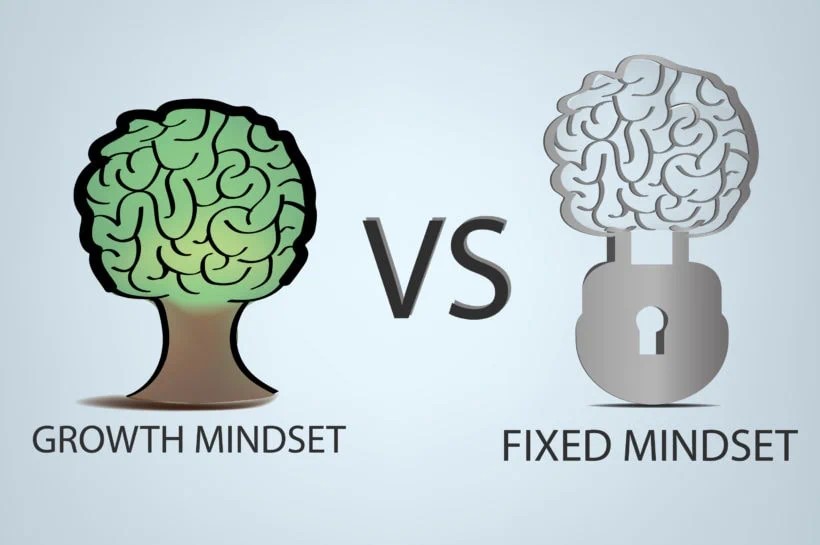Competency-based education is steadily reshaping the landscape of learning, offering a model that aligns more closely with the demands of the modern workforce. Unlike traditional education systems that emphasize seat time and standardized testing, competency-based education focuses on mastery. Learners progress by demonstrating that they have acquired specific skills and knowledge, regardless of how long it takes. This shift is not merely academic—it’s a response to the evolving needs of industries that value performance over pedigree, and adaptability over rote memorization.
The future of competency-based education lies in its ability to personalize learning while maintaining rigorous standards. As technology continues to advance, platforms are emerging that allow learners to chart their own paths, accessing content tailored to their pace and preferred learning style. This flexibility is particularly valuable for adult learners and working professionals who need to balance education with other responsibilities. Imagine a mid-career engineer who wants to pivot into data science. Rather than enrolling in a two-year program, they can pursue targeted modules that assess and build competencies in machine learning, statistical analysis, and programming. Their progress is measured not by time spent in class, but by their ability to apply these skills in real-world scenarios.
Businesses are increasingly recognizing the value of competency-based education in workforce development. Hiring managers are less concerned with where a candidate went to school and more interested in what they can do. This has led to a growing acceptance of micro-credentials, digital badges, and performance-based assessments as valid indicators of capability. For example, a marketing professional who earns a credential in SEO optimization through a competency-based program may be seen as more qualified than someone with a general business degree but no hands-on experience. The emphasis on demonstrable skills creates a more transparent and equitable hiring process, one that rewards effort and results over background and privilege.
One of the most promising aspects of competency-based education is its potential to close the gap between education and employment. Traditional curricula often lag behind industry trends, leaving graduates underprepared for the realities of the job market. Competency-based models, however, can be updated rapidly to reflect current practices and technologies. This agility ensures that learners are acquiring skills that are immediately applicable. In sectors like healthcare, cybersecurity, and renewable energy, where the pace of change is relentless, this responsiveness is not just beneficial—it’s essential.
However, the transition to competency-based education is not without challenges. Institutions must rethink their assessment strategies, moving away from multiple-choice exams toward more authentic evaluations such as portfolios, simulations, and peer reviews. This requires investment in training educators, redesigning curricula, and developing robust technological infrastructure. Moreover, there is a need for clear standards and frameworks to ensure consistency across programs. Without these guardrails, the risk of fragmentation and uneven quality increases, potentially undermining the credibility of the model.
Despite these hurdles, the momentum behind competency-based education is growing. Governments, employers, and educational institutions are beginning to collaborate on initiatives that support its expansion. In some regions, policy changes are enabling funding models that reward outcomes rather than enrollment. This shift incentivizes institutions to focus on learner success and skill acquisition. Meanwhile, employers are partnering with educators to co-design programs that reflect actual workplace needs. These collaborations are creating ecosystems where learning is continuous, contextual, and closely tied to performance.
Technology will play a pivotal role in scaling competency-based education. Artificial intelligence, data analytics, and adaptive learning platforms can provide real-time feedback, personalize instruction, and track progress with precision. These tools not only enhance the learning experience but also offer insights that help educators refine their approaches. For instance, if data shows that learners consistently struggle with a particular concept, the curriculum can be adjusted to address the gap. This iterative process ensures that education remains relevant and effective.
Looking ahead, the future of competency-based education will likely involve a blend of formal and informal learning. As the boundaries between work and education blur, individuals will acquire competencies through a variety of experiences—on-the-job training, mentorship, online courses, and collaborative projects. The challenge will be to validate and recognize these diverse learning pathways in a way that is meaningful and portable. Blockchain technology and digital credentialing systems may offer solutions, enabling learners to build verifiable records of their achievements that can be shared across platforms and employers.
Ultimately, competency-based education represents a shift in how we define success in learning. It prioritizes outcomes over inputs, relevance over tradition, and equity over exclusivity. In a world where change is constant and skills are the currency of opportunity, this model offers a more inclusive and effective approach to education. It empowers learners to take control of their development, equips businesses with the talent they need, and fosters a culture of lifelong learning. As it continues to evolve, competency-based education will not just complement traditional models—it will redefine them.




